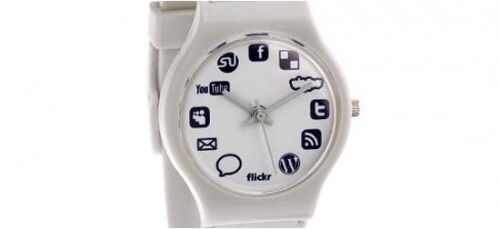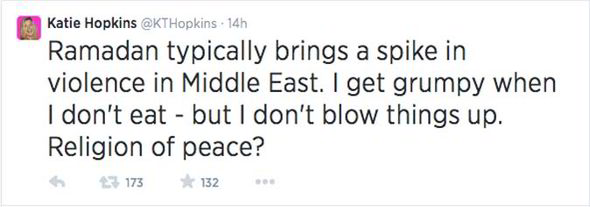The good, the bad, or the unethical?
 We all know and love social media. It gives us a chance to network, share opinions & passions and follow those we admire. However, as seen on any corner of the web, there will always be a darker and more unethical side within the wider picture.
We all know and love social media. It gives us a chance to network, share opinions & passions and follow those we admire. However, as seen on any corner of the web, there will always be a darker and more unethical side within the wider picture.
Ethics (n) of or relating to moral principles.
From this definition taken from the OED, we can see that the term ‘ethics’ is quite simply synonymous with morality in your behaviours (OED, 2014) and, in a sense, the ability to be virtuous. This fortnight, we are discussing ethical issues that derive from the professional use of social media, and I have chosen to focus on two examples stemming from the notion of VISIBILITY on Twitter and online forums – both of which are platforms beaming with opportunity.
1. Hiding behind a mask The flexibility of social media allows us to reside anonymously on the platform, a trick that professionals have previously misemployed (Vinjamuri, 2011). This notion is immediately interconnected with the harmfulness of cyber-bullying. However, it is easy to forget that cyber-bullying is not something that only occurs amongst school kids… The CEO of the major health food chain, Whole Foods, set up a pseudonymous profile on a Yahoo financial forum, with the sole use of slating his competitors, Wild Oats (NBC News, 2007). This case study strikes up tremendous ethical concerns, as it is not viable to monitor every single profile on every single networking site. Therefore, although this resulted in huge lawsuits, it is still a problem that may be trickling down deep into other hideaways of the web – thus, causing a continuous cycle of rivalry-driven business jeopardy from selfishly abusing the ability to hide behind anonymous profiles.
2. Careless venting Social media is a main stage for expressing personal opinions. Many use Twitter to engage with others on topics of interest, particularly since the birth of the ‘hashtag’. However, it is not usual for those in the public eye to noticeably abuse this freedom of speech… Katie Hopkins is renowned for being overly opinionated on Twitter, spreading derogatory sentiments like wildfire. Quite like the Justine Sacco case – except more frequent and uncontrollably offensive. Personally, I see this as an unethical abuse of a feature that all social media platforms offer: freedom of expression. 
Both anonymity and freedom of speech are components that we should treat with respect. So why are they being so unethically exploited on the web?
(400)
References:
NBC News, 2007. Whole Foods CEO’s anonymous online life, NBC News. [online] 12 August. Available at: <http://www.nbcnews.com/id/19718742/ns/business-us_business/t/whole-foods-ceos-anonymous-online-life/#.VQ7op0tU_wI> [Accessed 21st March 2015]
OED, 2014. Ethics. [online] Available at: <http://www.oed.com/view/Entry/64755?redirectedFrom=ethics> [Accessed 22nd March 2015]
Thistlethwaite, F., 2014. Katie Hopkins offends Islamic communities with ‘grumpy’ Ramadam tweet, The Express. [online] 30 June [Accessed 21st March 2015] – click embedded Tweet image to link!
Vinjamuri, D., 2011. Ethics and the Five Deadly Sins of Social Media, Forbes. [online] 3 November. Available at: <http://www.forbes.com/sites/davidvinjamuri/2011/11/03/ethics-and-the-5-deadly-sins-of-social-media/> [Accessed 19th March 2015]
